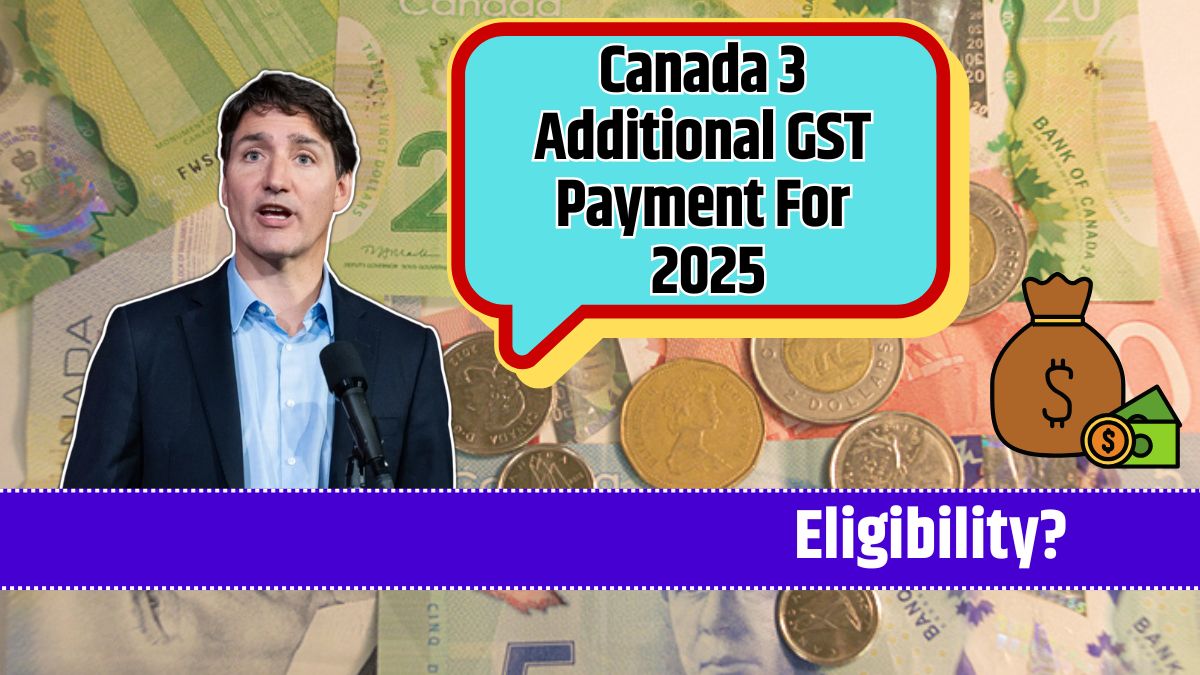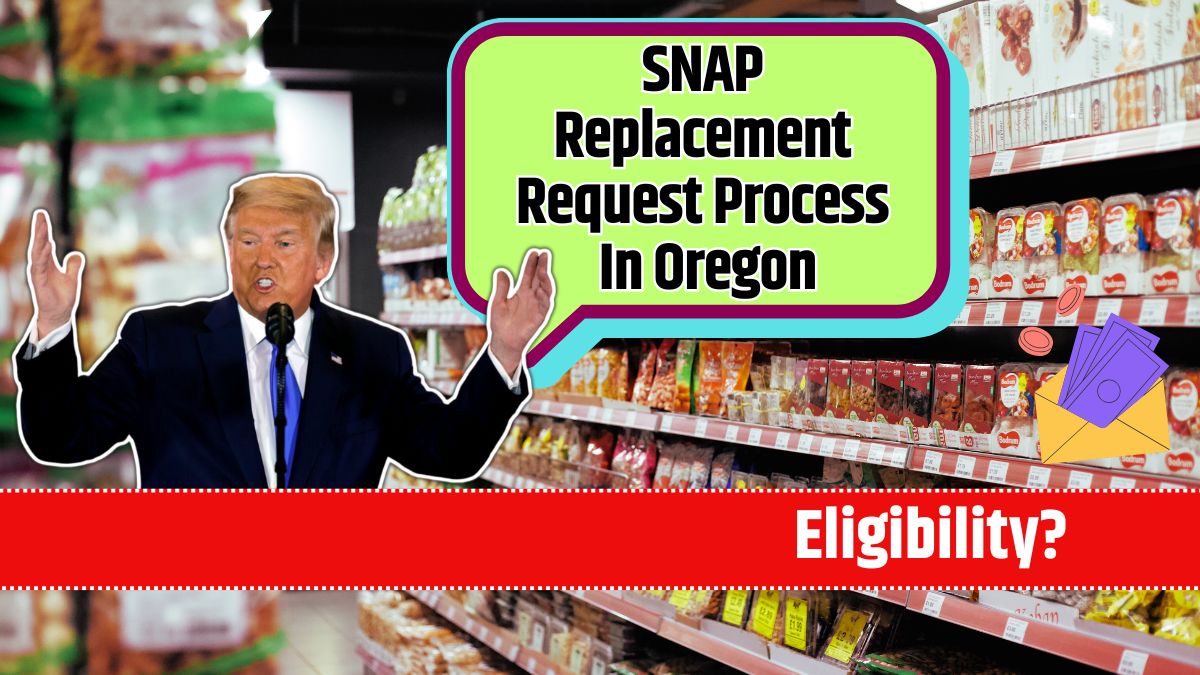The UK government is proposing significant reforms to the Personal Independence Payment (PIP) system.
These changes aim to replace regular cash payments with vouchers, one-off grants, and other forms of support, sparking debates and concerns among recipients.
Here’s a closer look at what these changes mean, their potential impact, and how PIP claimants can navigate this transition.
Understanding PIP and Its Role
PIP is a critical benefit for millions of disabled people and individuals with long-term health conditions in the UK. It helps cover additional costs related to daily living and mobility issues.
Current PIP payouts can reach up to £737.20 every four weeks, providing essential financial independence to claimants.
However, the UK government, through the Department for Work and Pensions (DWP), is reviewing welfare systems to modernize and streamline support.
The proposed changes outlined in the “Modernising Support Green Paper” suggest replacing cash payments with in-kind benefits to better target individual needs.
Proposed Changes to PIP
1. Vouchers for Essential Costs
Recipients may receive vouchers to cover specific needs such as groceries, utilities, and transport instead of cash.
2. One-Off Grants
For larger expenses like home modifications or medical equipment, one-off payments could replace ongoing financial support.
3. Receipt-Based Reimbursement
A system allowing claimants to buy essential items upfront and submit receipts for reimbursement may be introduced.
4. Catalogue-Based Support
A catalogue system might enable claimants to select specific aids and appliances provided directly by the program.
| Proposed Change | Impact on Recipients |
|---|---|
| Vouchers | Restricted spending options; tailored to specific needs |
| One-Off Grants | Supports larger, irregular expenses |
| Receipt-Based Reimbursement | Increased bureaucracy; delays in accessing funds |
| Catalogue System | Direct provision of aids and appliances |
Concerns About the Proposed Reforms
The proposed reforms have raised concerns among PIP recipients and advocacy groups. Here’s what critics are highlighting:
Reduced Flexibility
Cash allows recipients to allocate funds according to their unique circumstances. Vouchers may limit where and how funds can be used.
Increased Bureaucracy
Reimbursement schemes may complicate access to essential items, as claimants would need to manage receipts and wait for refunds.
Risk of Hardship
Many recipients use PIP payments for immediate needs like food and heating. Non-cash systems could delay or complicate access to essential goods and services.
Erosion of Independence
Advocacy groups argue that replacing cash with vouchers undermines the autonomy of disabled individuals, treating them differently from other beneficiaries of government support.
Why Is the Government Proposing These Changes?
The DWP cites several reasons for these proposed reforms:
- Targeted Support: Ensuring funds are used for essential needs directly related to claimants’ disabilities.
- Fraud Prevention: Reducing misuse by restricting how and where benefits are spent.
- Cost Efficiency: Streamlining administration and reducing unnecessary spending.
While the government claims these changes will improve fairness and sustainability, the potential impact on claimants remains a contentious issue.
How PIP Claimants Can Prepare
If you’re currently receiving PIP, here are some steps to help you navigate these potential changes:
1. Stay Informed
Monitor updates from the DWP to stay informed about the progress and specifics of the reforms. Visit the official DWP website for accurate information.
2. Engage in the Consultation Process
The government is seeking input from the public. Share your concerns and experiences to help shape a fair and inclusive policy.
3. Plan for Changes
Consider how the proposed changes might impact your finances. If you rely on cash payments for specific needs, explore alternative strategies for managing your expenses under the new system.
4. Seek Professional Advice
Reach out to welfare rights advisors or disability support charities for guidance. They can help you understand the implications and prepare for any transitions.
The proposed PIP reforms represent a significant shift in how disability benefits are delivered in the UK. While the government aims to modernize support and reduce inefficiencies, the potential limitations of vouchers and non-cash systems raise valid concerns.
For recipients, staying informed and proactive is key to navigating this evolving system. By understanding the changes and participating in consultations, you can help ensure your needs are addressed effectively.
















